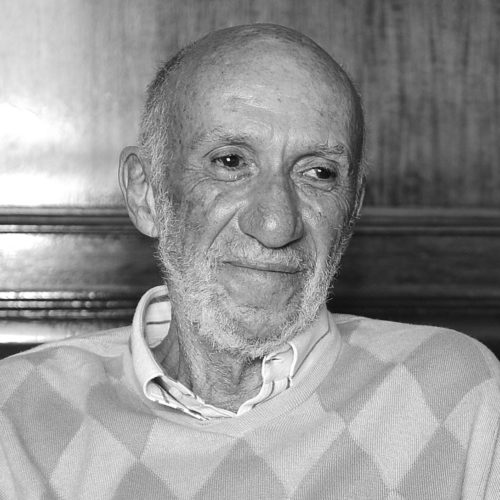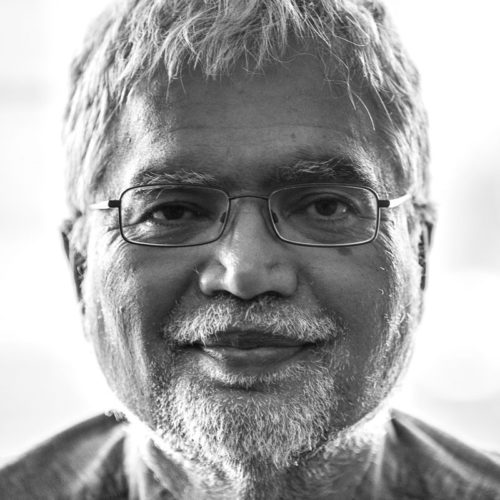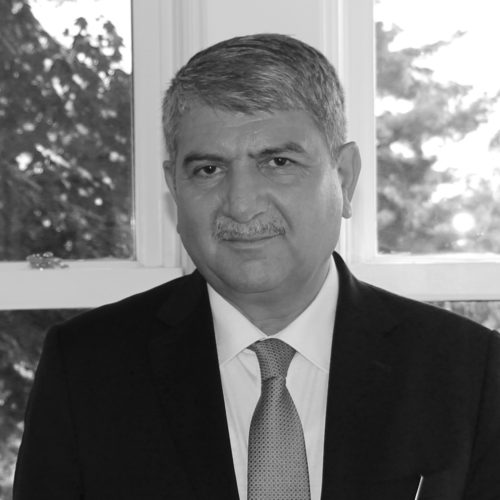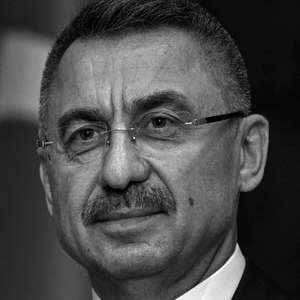This session dealt with transforming the conventional humanitarian aid system towards a more refined assistance approach. It kicked off with two fundamental questions posted to the panelists: 1) Why is humanitarian aid necessary? 2) Where does it go and who decides where it goes? The session involved a serious debate between the panelists and the participants. The panelists engaged in a lively discussion on the most effective ways to distribute humanitarian aid. Each were questioned on whether or not the distribution of aid was fair and equitable, and whether we need proper, political will to move it forward.
Dr. Fuat Oktay, Prime Ministry Undersecretary of the Republic of Turkey, took the lead through presenting statistics of refugee crises around the world. He noted that Turkey hosts 3.5 million Syrian refugees providing them housing, protection, health care, and education. Oktay pointed out that providing humanitarian aid alone would not solve the problem unless the international community addresses the root causes of the conflict. First, by putting more pressure on the actors who create, promote or foster those root causes. Second, the international community should adapt a holistic and systematic approach to respond to the humanitarian needs of the people.
The question of political will raised interesting arguments, often veering into a philosophical discussion. Mukesh Kapila was adamant that political will needs to be informed by the humanistic tenet of altruism, and suggested several challenges to the current humanitarian system. The challenges included, but were not limited to: censorship of international aid agencies’ appeals, the provision of the majority of international humanitarian assistance by a few countries, the majority of global aid being funneled into particular countries while ignoring others, aid not going to the beneficiary directly and there being no accountability and transparency. Dr. Kani Torun, a Turkish lawmaker and former ambassador to Somalia, pointed out that humanitarian aid itself is a painkiller, and not the actual solution. He suggested a need for long-term development, such as commerce and investment in the disaster-ridden regions that would eventually lead them to turn a corner. Richard Falk, Emeritus Professor of International Law at Princeton University noted that the fundamental issue of humanitarian aid was realism (national interest) which governs the political will of the aid donor countries – thus signaling that humanitarian aid is an instrument of foreign policy. However, Kapila rebuffed the notion of realism by stating that this competition-based realism politics has got the world where it is today and that global community can no longer afford to tolerate but rather should transform it.
Considerable attention was given to the nature of providing sustainable development with a holistic outlook of the world. Panelists agreed that humanitarian aid should not create a dependent and welfare society and that international organizations and corporations should invest to foster development and prevent aid dependency. Panelists also discussed influence by the vested interests of significant players in the global agenda in much of the current discourse relating to humanitarian aid. It has been suggested that veto power should not be restricted at the UNSC when dealing with humanitarian aid, often in lieu of mixed political motivations. To prevent this, one panelist suggested the reform of the UN Security Council.
In conclusion, all panelists agreed on an urgent need to return to the basics of true humanitarianism and altruism and attempted to find durable solutions to the current problems of the aid system.



